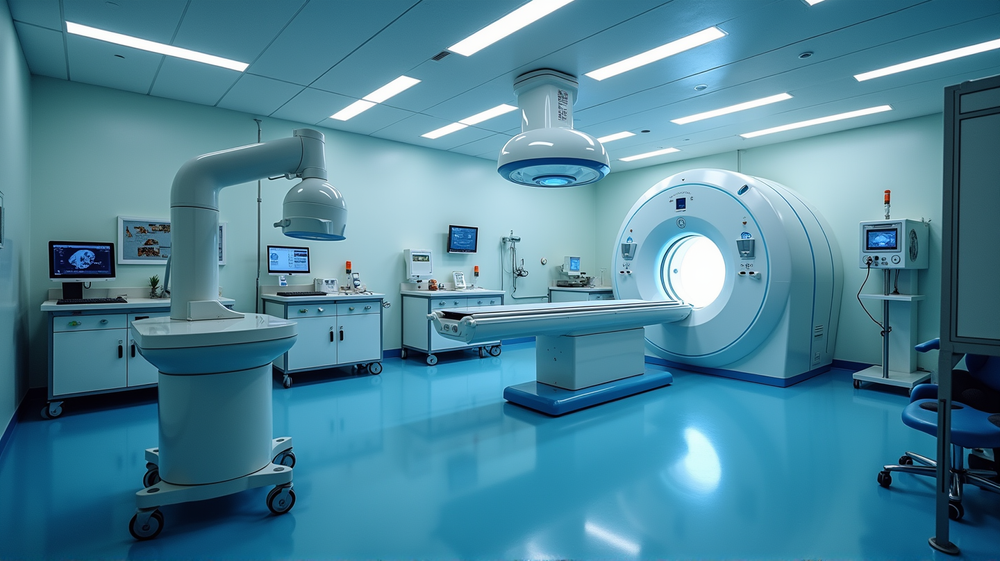Cornell University Advances Veterinary Care with Cutting-Edge Tech
Cornell University Hospital for Animals is leading the way in veterinary care with the installation of two groundbreaking technologies: Varian’s Edge linear accelerator and Siemens’ Naeotom Alpha photon-counting CT scanner. These cutting-edge instruments are set to transform diagnostics and treatments for animal patients by delivering unparalleled precision and efficiency. According to DVM360, this remarkable investment in technology reflects Cornell’s commitment to remain at the forefront of veterinary medicine.
Revolutionary Radiotherapy with the Edge Linear Accelerator
The Edge linear accelerator offers state-of-the-art radiotherapy, capable of targeting tumors in sensitive areas like the brain, lungs, and spine with precision. This technology reduces the duration and frequency of treatments, exemplified by lowering a typical 20-visit series for brain tumors to just five sessions. Such advancements not only alleviate the stress and time commitment for owners and pets but also significantly lessen the time under anesthesia, an essential consideration in veterinary care.
Success Stories and Visionary Leadership
The proactive approach Cornell University has taken parallels the success already seen at the University of Florida College of Veterinary Medicine, where similar technology marked a turning point in veterinary oncology. With the ability to treat tumors that were previously inaccessible or too risky for surgery, the Edge linear accelerator brings renewed hope to many pet owners and veterinary professionals.
Breakthrough Imaging with Photon-Counting CT
Adding to their arsenal, the Siemens Naeotom Alpha photon-counting CT scanner boasts heightened sensitivity and reduced radiation exposure, setting a new standard.
According to Peter Scrivani, DVM, and chief of imaging at Cornell, the photon-counting CT’s ability to count each individual x-ray photon creates images of astounding detail. This collaboration between the CT scanner and linear accelerator ensures perfect alignment for treatment, emulating the exact position required for repetitive treatment sessions, down to half a millimeter precision.
Enhancing Care Through Generous Contributions
The acquisition of these technologies was made possible through investments and donations from various benefactors, including dedicated funds for veterinary oncology and fundraising initiatives. Their support underscores the importance of innovation in veterinary health care.
In summary, Cornell University Hospital for Animals embraces the future of veterinary medicine, promising improved outcomes for our beloved animal companions. As technology evolves, the boundless care and innovation in treatment methodologies act as a beacon of hope in veterinary practice.




